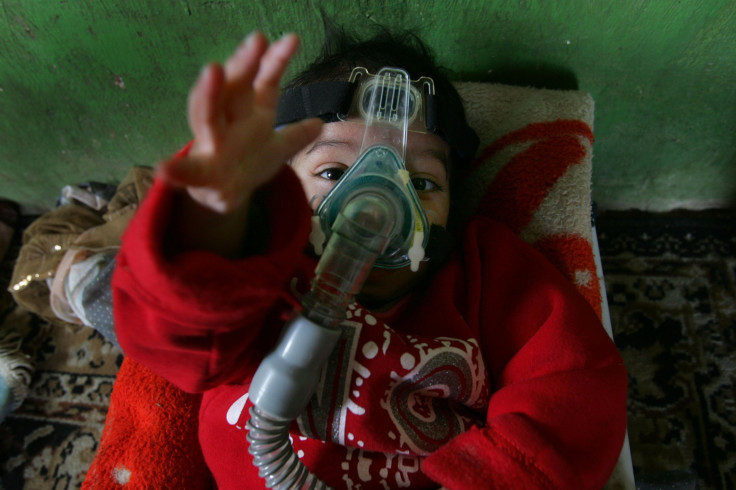Philips CPAP Machine Recall 2021: Breathing Devices And Ventilators Recalled Over Cancer Fears
Royal Philips has issued a recall for some of its ventilator and breathing machines due to a health risk that could cause cancer.
The company issued the notice for specific Philips Bi-Level Positive Airway Pressure (Bi-Level PAP), Continuous Positive Airway Pressure (CPAP), and mechanical ventilator devices to address an issue related to the polyester-based polyurethane (PE-PUR) sound abatement foam component.
According to Philips, during testing, it found a possible risk related to this type of foam as it degrades that can cause particles to enter the device’s air pathway and be ingested or inhaled by the user.
The foam could off-gas certain chemicals, which may be exacerbated by the use of unapproved cleaning methods, ozone, high heat, and high humidity environments that might also contribute to foam degradation.
Foam particle exposure can include symptoms such as headache, irritation, inflammation, respiratory issues, and possible toxic and carcinogenic effects. Off-gassing symptoms from chemical exposure include headache, irritation, hypersensitivity, nausea or vomiting, and possible toxic and carcinogenic effects.
Philips said it has not received any reports of death as a result of the recall issue, but it has received reports of possible patient impact due to foam degradation.
Bilevel PAP and CPAP device owners are advised to discontinue using their devices and work with their physician or durable medical equipment provider to determine an alternative treatment option. If no alternative treatment device exists, they should consult with a physician to determine if the benefit of the device outweighs the risks, Philips said.
For mechanical ventilator device owners using the device for life-sustaining measures, Philips advises not to stop or alter the prescribed treatment until a physician has advised doing so. Philips said that it recognizes that there may be limited alternative treatment options in these cases, and the use of the device may be more of a benefit than the risk identified in the recall notice.
Philips said it has produced millions of Bi-Level PAP, CPAP, and mechanical ventilator devices using the sound abate foam, with a low complaint rate, but made the determination that a recall was necessary.
In a statement, Frans van Houten, CEO of Royal Philips, said: “We deeply regret any concern and inconvenience that patients using the affected devices will experience because of the proactive measures we are announcing today to ensure patient safety.
“In consultation with the relevant regulatory agencies and in close collaboration with our customers and partners, we are working hard towards a resolution, which includes the deployment of the updated instructions for use and a comprehensive repair and replacement program for the affected devices. Patient safety is at the heart of everything we do at Philips.”
To remedy the foam degradation issue in the breathing and ventilator devices, Philips said it will replace the current sound abatement foam with new materials and has already begun preparations to do so by working to gain regulatory clearance.
The company said it plans to address all affected devices as “expeditiously as possible,” starting with the first generation DreamStation product families.
Philips said the DreamStation 2 is not affected by the recall.

© Copyright IBTimes 2024. All rights reserved.




















